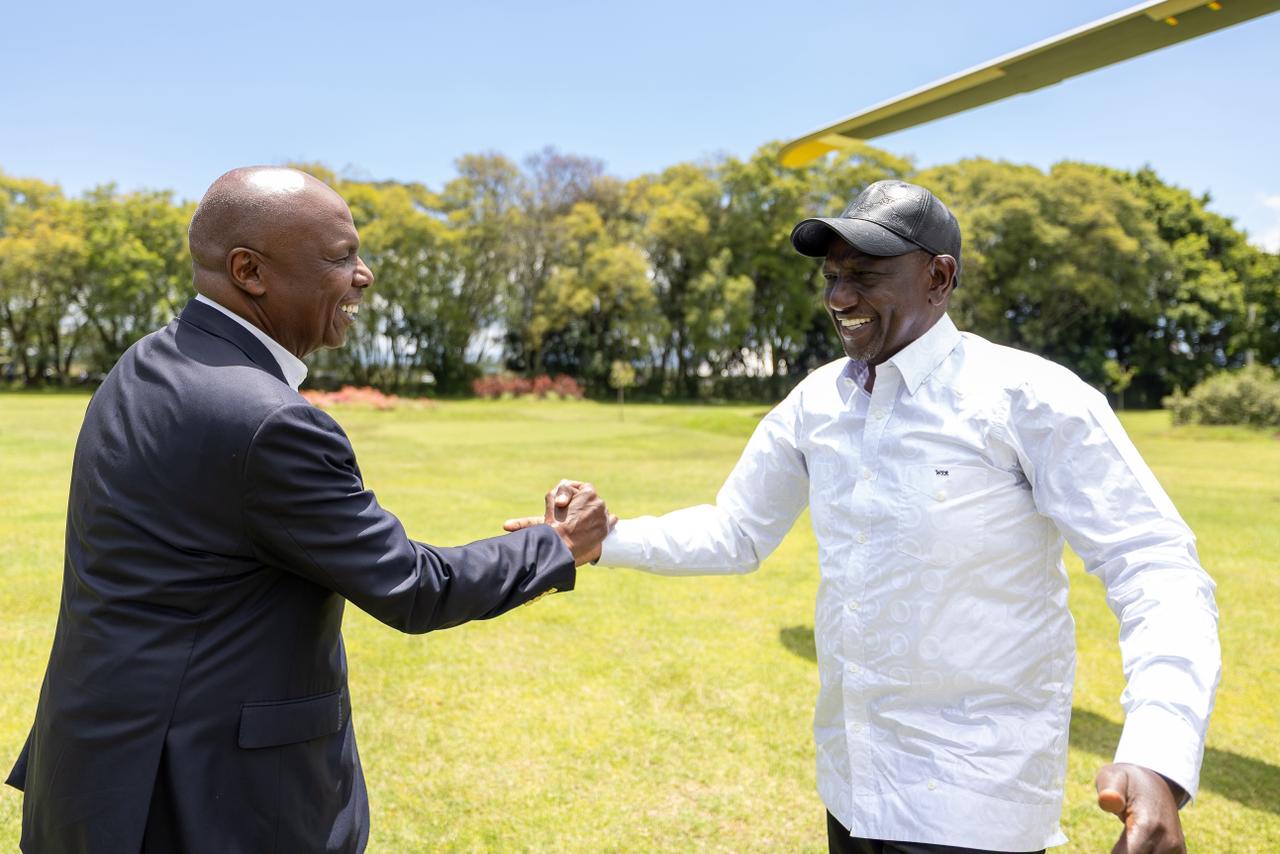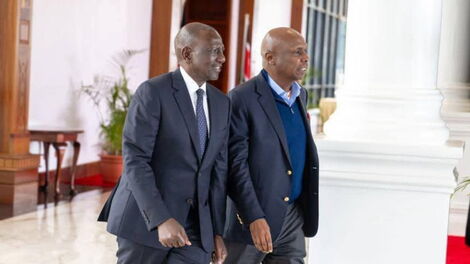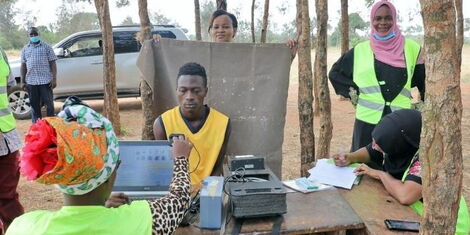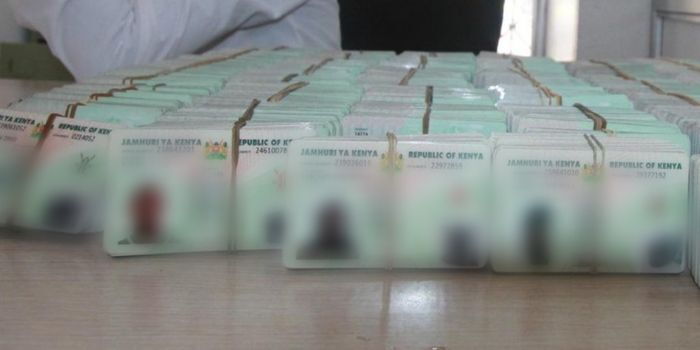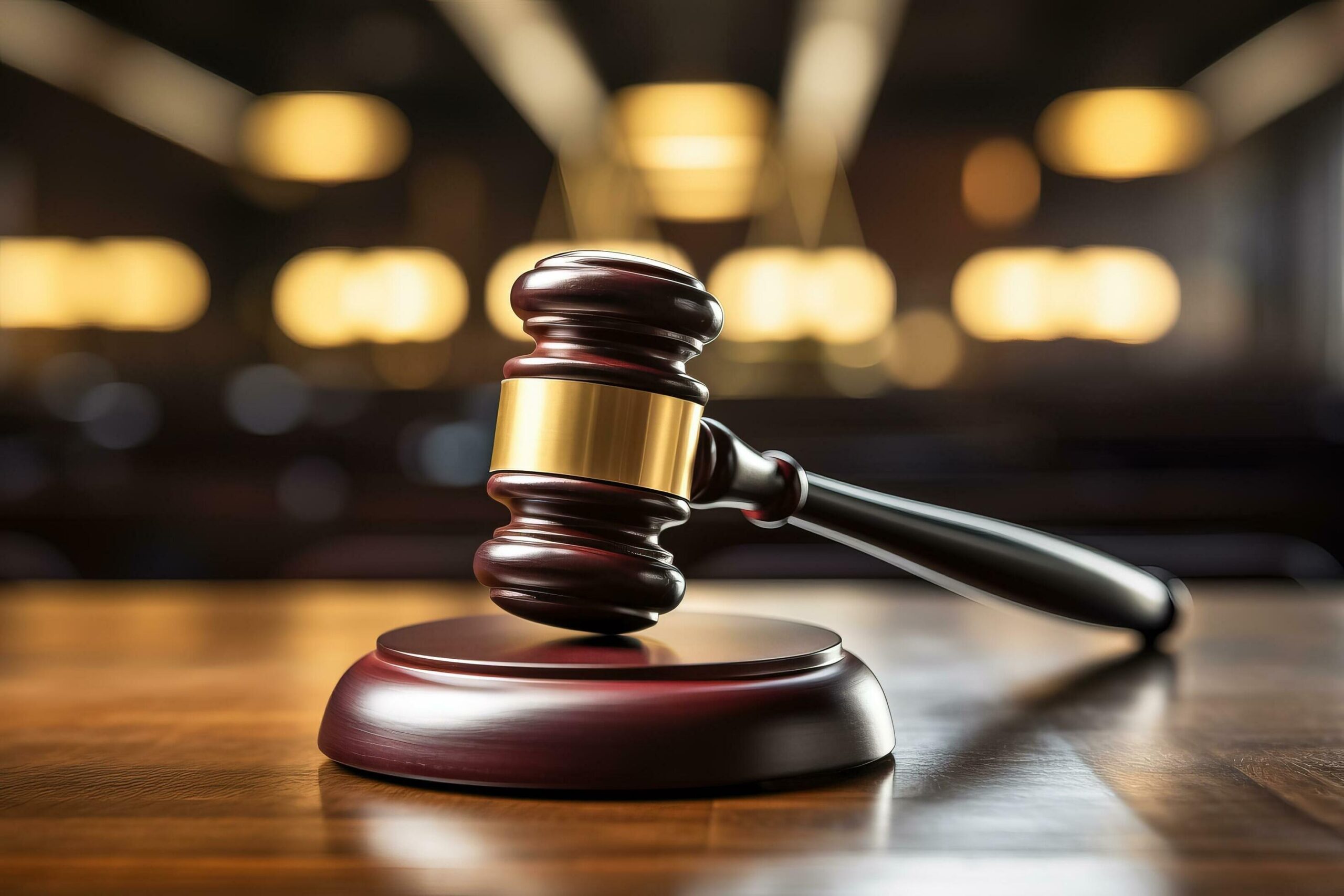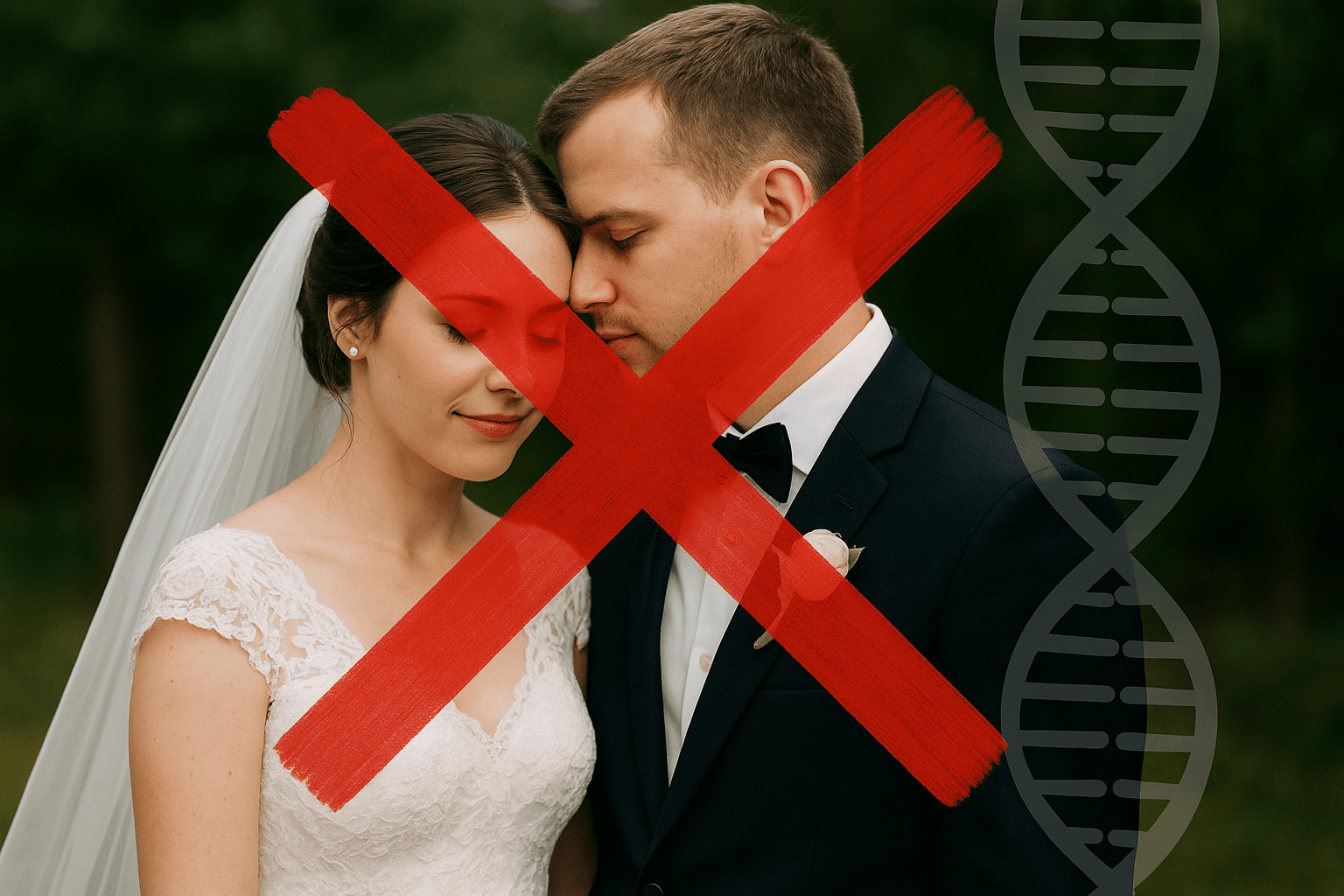
Former Prime Minister Raila Odinga today delivered a scathing rebuke of President William Ruto’s controversial directive instructing police to fire on violent protesters in the legs—a command he condemned as a grave violation of both rule of law and human rights.
In a forceful statement issued on July 11, 2025, Raila argued that any order to “shoot to kill, maim, disorient or shock citizens” is fundamentally unacceptable—even in protest scenarios—and called instead for strict adherence to due process and restraint.
The former PM insisted that enforcing the law through lethal or injurious force erodes public trust in police and undermines Kenya’s constitutional democracy. He urged that protesters be arrested and brought to court rather than met with bullets .
Ruto’s Directive Sparks Outrage
Earlier this week, at the commissioning of a police housing project in Nairobi’s Kilimani, President Ruto ordered law enforcement officers not to kill but to “shoot and break the legs” of individuals vandalizing property, including looters—framing it as a targeted deterrent rather than lethal force.
He also accused unnamed political ringleaders of inciting youth violence, insisting that those destroying businesses should face hospital and court consequences rather than escape consequences entirely.
Escalating Crisis: Growing Toll and Public Alarm
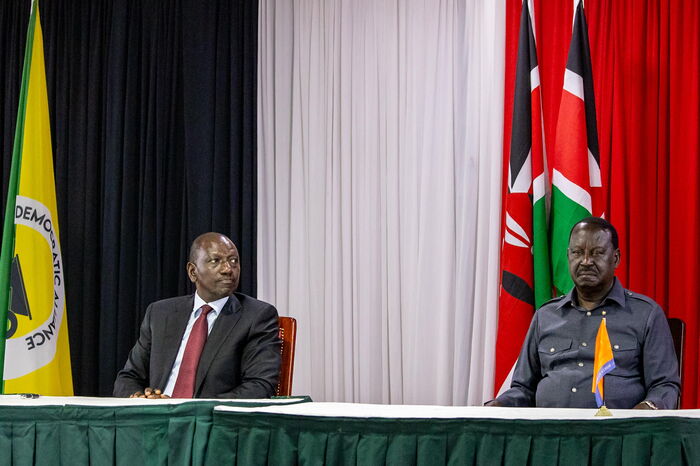
The order comes against a backdrop of mounting unrest: protests erupting nationwide since June 2025 over the death in custody of blogger Albert Ojwang, economic hardship, and alleged police brutality. Independent tallies indicate at least 50 deaths, over 550 injuries, and upwards of 530 arrests during the demonstrations.
One shocking case involved Boniface Kariuki, a street vendor and bystander who was shot at close range by police during protests. He succumbed to his injuries days later. Two officers are now in custody over his shooting, while six individuals—including three police officers—face charges tied to Ojwang’s death.
Raila: An Illicit Precedent That Risks National Breakdown
Odinga warned that Ruto’s instructions create dangerous precedent—effectively granting the state authority to inflict bodily harm on citizens without judicial oversight. He noted that such measures hark back to colonial-era brutality and undermine Kenya’s democratic progress.
“Police should prioritize arrest and arraignment in competent courts over maiming or brutalizing suspects,” Raila emphasised, underscoring the importance of preserving dignity and legal credibility in state enforcement actions.
Growing Rift in Kenya’s Political Landscape
The internal friction is widening. Civil society groups, legal activists, and opposition figures have joined Raila in rejecting any government-issued license for violence. The Kenya Law Society has publicly denounced remarks by Interior Minister Kipchumba Murkomen, who days prior urged police to “shoot on sight” and not flee unless confronted by crowds exceeding 20 people—a stance the lawyers’ body labelled inherently illegal.
International observers are also sounding alarms. On Saba Saba Day, memorial protests on July 7 commemorating Kenya’s pro-democracy legacy turned deadly as police cracked down—with reports confirming at least 31 fatalities and hundreds injured across multiple locations.
What It Means for Kenya’s Future
Raila’s harsh criticism signals a dangerous turning point: a senior coalition partner directly opposing the president’s security directive. With nationwide unrest intensifying, a civilian caught in protests can no longer be considered “safe”—even as a bystander, their life and limbs now potentially on the line.
Kenya stands at the edge of a constitutional crisis. The government’s willingness to sanction leg-breaking as policy risks alienating moderate dissenters, emboldening youth activists, and further fracturing political alliances within the coalition.
Conclusion: Playground of Violence or Court of Justice?
In confronting the brutal language emerging from State House, Odinga offers a stark alternative: a Kenya where justice is served—not through bullets—but in courtrooms.
As protests escalate and more lives hang in the balance, Raila’s message is clear: lethal orders must be reversed, accountability enforced, and the rule of law restored—before Kenya loses its democratic soul.


